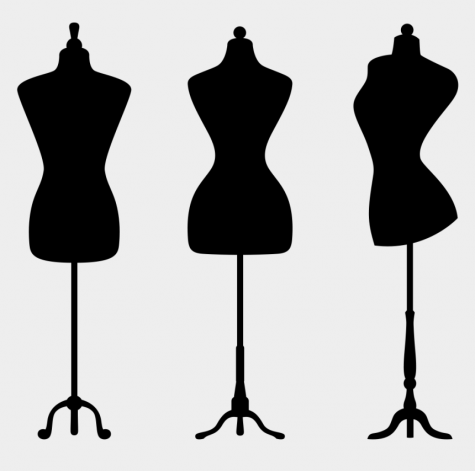Sports and Politics
Occasionally, the worlds of sports and politics become intertwined. Former San Francisco 49ers quarterback Colin Kaepernick began his demonstration a summer ago as a lone warrior, claiming that his refusal to stand up for the national anthem was in response to the police brutality occurring across the country and in support of the Black Lives Matter movement. Many questioned whether Kaepernick had the right to protest during the country’s anthem, and many of these same individuals denounced his decision as an act of disrespect toward the flag. Kaepernick seemed to fully understand potential repercussions for his actions, citing his right to stand up for the oppressed and that, “if they take football away, my endorsements from me, I know that I stood up for what is right” (Wyche 11). Kaepernick would soon find out that “they” would take football away from him, as he is currently without a job. The national anthem protests, however, have taken an unexpected turn during the 2017 NFL season. More players than ever are taking part in pregame demonstrations, and the President himself has become personally involved.
President Donald Trump recently grabbed headlines for rescinding his invitation to Stephen Curry to visit the White House. Curry, who is a member of the Golden State Warriors 2017 NBA championship squad, stated that he was not planning on going in the first place. Shortly afterwards, Trump took to twitter to berate NFL players who refused to stand for the anthem, urging fans to stop going to games in order to stop the protests. Since Trump began his twitter tirade against the NFL on Saturday, September 23rd, there has been an exponential uptick in the amount of national attention going toward the NFL’s pregame antics. Many advocates for the protests cited Trump’s lack of understanding for the purpose of the protests: they were meant to bring attention to the injustice present in the country, not to disrespect the flag. However, the increase in NFL players speaking out about the issue and taking part in the demonstrations on game day (September 24th, a day after Trump’s first comments) raises the question of whether their actions are still directed toward police brutality and violence, or whether they are in direct response to Trump’s comments.
ESPN analyst Stephen A. Smith seemed to agree with the latter stance, as he called out the Pittsburgh Steelers for refusing to leave the locker room during the anthem during the pregame after Trump’s comments, but later stating that they would rise for the anthem the next week. Smith believes that the Steelers’ actions had a negative impact on the validity of the protests, as they seemed to be directed toward Trump’s comments and Trump’s comments alone. Whatever the true motivation behind the Steelers actions may be, there was a clear correlation between Donald Trump’s tweets and the amount of players that took part in protests on the next NFL game day. Do these protests lose all their credibility if they are simply intended to denounce the President?
America is clearly divided on the issue of the anthem protests, with more leaning toward the opposition. A recent ESPN poll found 51 percent of Americans expressing either strong or moderate disapproval of the protests, while only 39 percent declared their support. Green Bay Packers quarterback Aaron Rodgers asked fans to link arms in support of the protests for their September 29th game against the Bears; few fans responded to his request. Other studies have found that NFL ratings actually are going down this season, corresponding to Trump’s comments. Above all, the public is tired of the media talking about the protests. Should players continue to use the NFL pregame as a platform for their political beliefs? Or do players lose their credibility if the protests are directed at the President of the United States? While both sides have valid arguments, the fact of the matter remains that the country is becoming increasingly divided over the issue, and avid football fans will have to endure politics impeding on the game for the foreseeable future.




